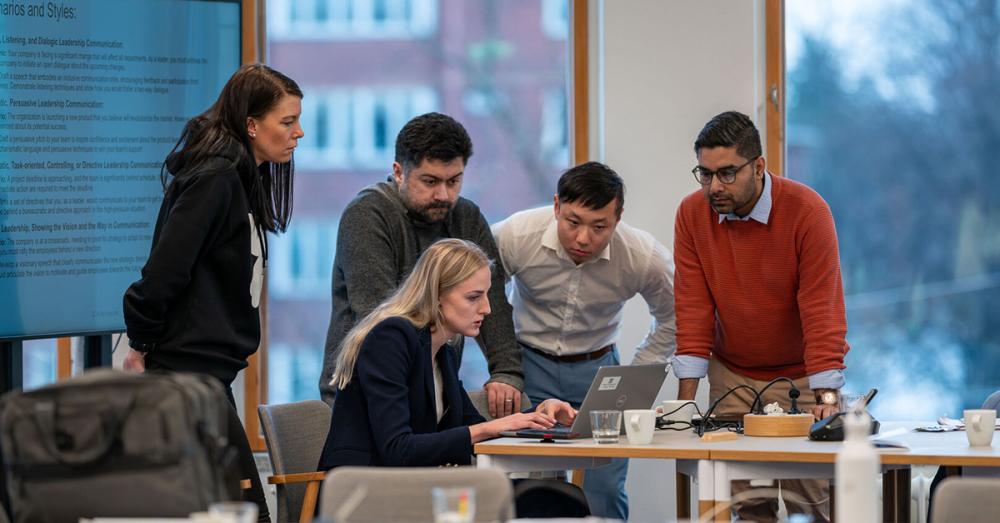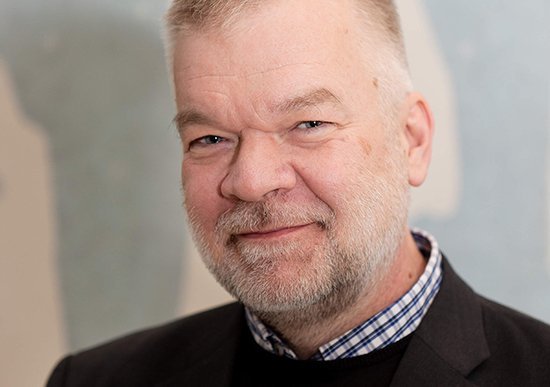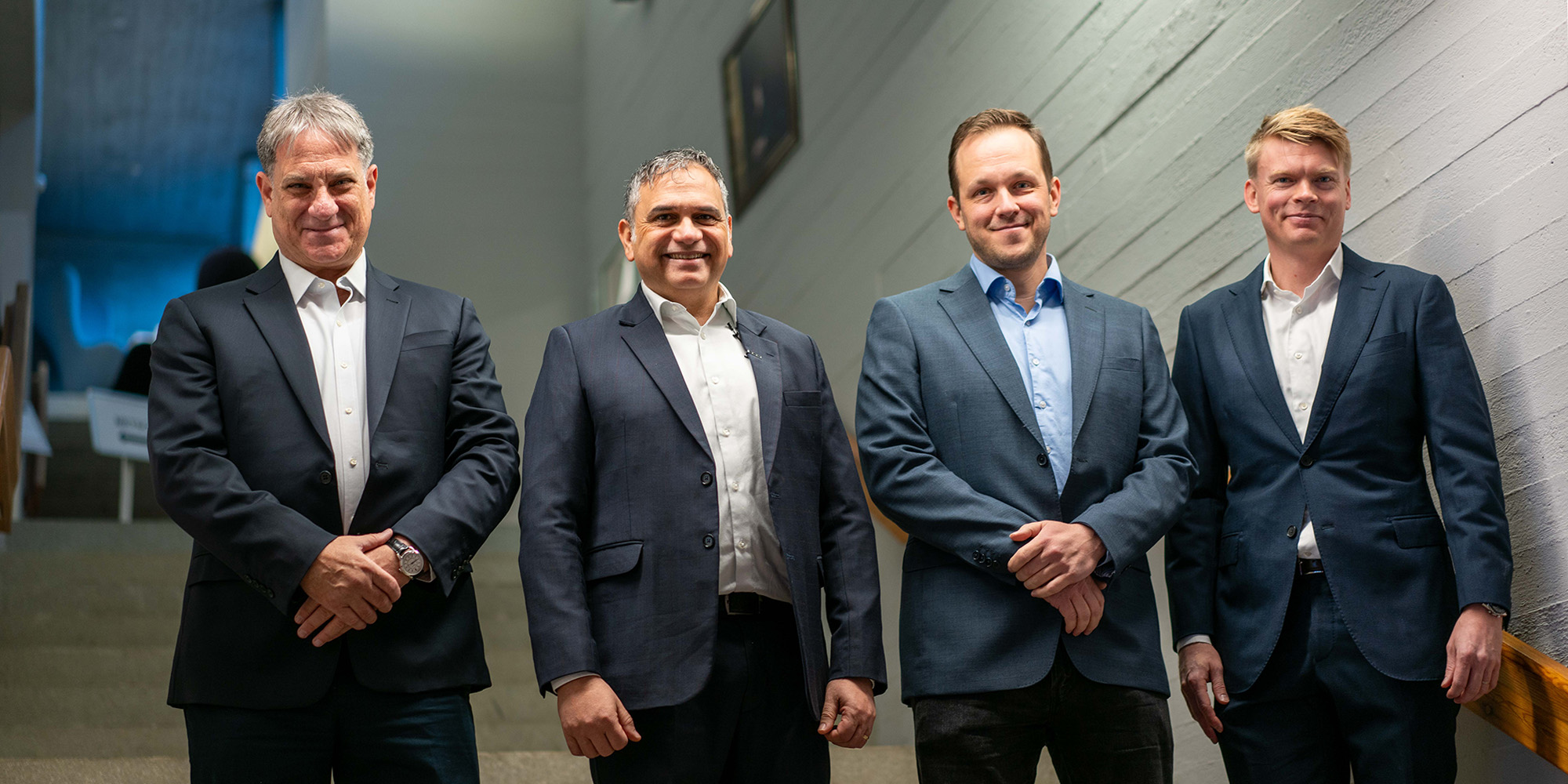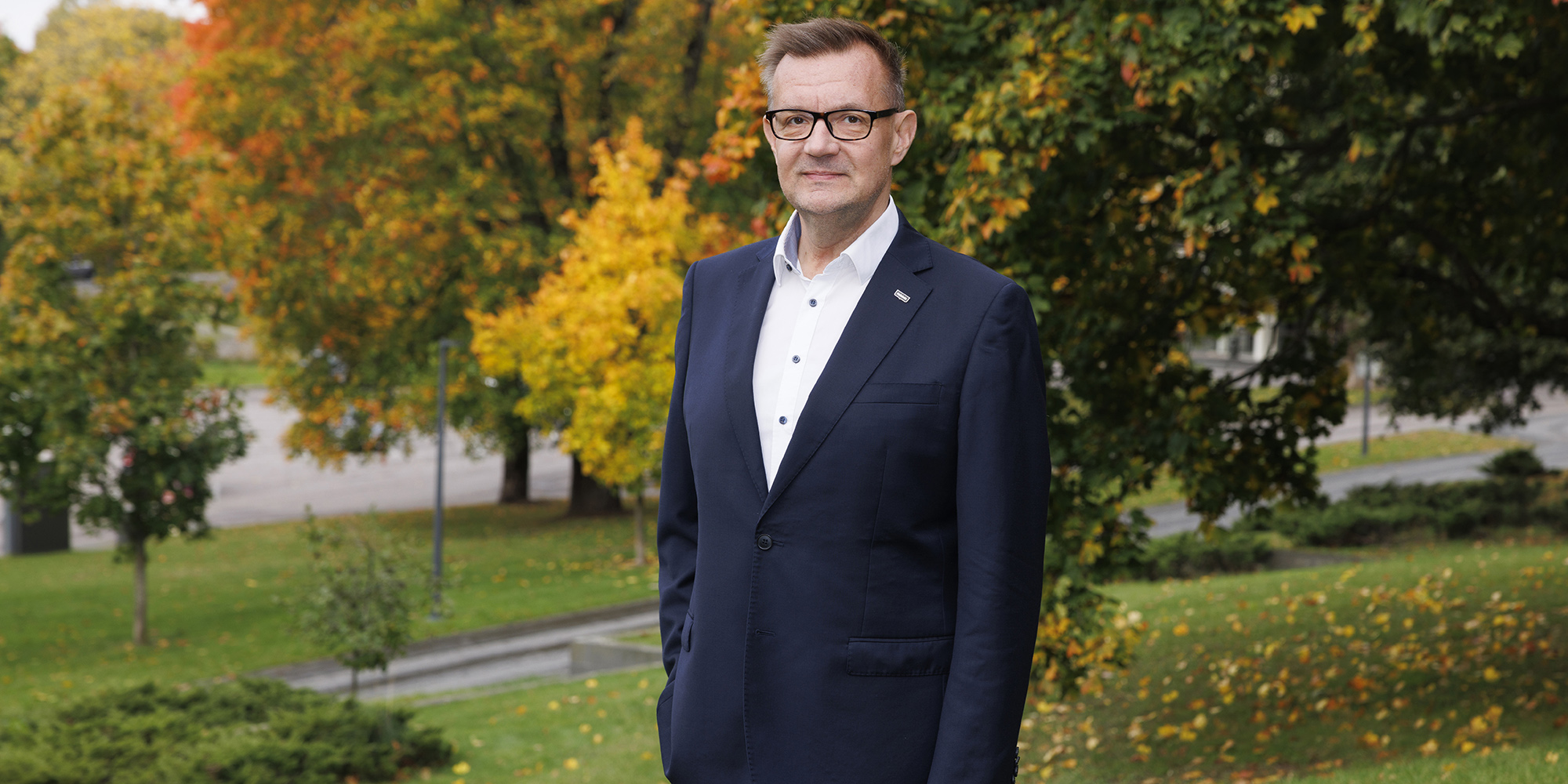We already know that value thinking is the magic ingredient that makes it possible to understand, what is worthwhile doing. We also understand that every manager that organises work around projects needs to keep their eyes on the benefits they create to ensure continuity and success.
But as projects are becoming more complex and stakeholder influence is increasing, aligning the project with the needs and aims of multiple stakeholders is becoming more difficult than ever. How can we understand value thinking in projects?
Unless we are measuring profit, we often do not have a clear understanding of what is valuable and why."
Value in itself is an elusive concept. Unless we are measuring profit, we often do not have a clear understanding of what is valuable and why, how is value generated, and by whom is it created.
Focus on what is close to one’s heart and mind
To illustrate the issue, think for example the following questions. What is a future in-habitant thinking about when they are buying a brand-new apartment? Or what are the thoughts of a user of a new digital service?
We can be almost certain that people will be focusing on value that is close to their hearts and minds."
We can guess that they may wonder about the liveability of the building or the conven-ience of the new services you are providing in your project. Or they may be thinking about their feeling of belonging to the new digital community or wondering if they will make friends in the new housing association. Still yet, they may be worried about the value for money they are getting or the ecological impact of their choices.
While we cannot always be sure what exactly people think about and value in projects, we can be almost certain of one thing: they will be focusing on value that is close to their hearts and minds. They will not be thinking about your project’s profit margin. That is your job as a project manager, not theirs.
Projects and organisations will say they are customer-focused – but do you really know what your customers value? You might find that your profit margin more and more depends on the value you create for others.
No project (nor project manager) is an island
In 2003, Mats Engwall, a project scholar, wrote: “No project is an island” [1]. Today, almost twenty years later, this is truer than ever. As the project manager, you are not alone, and your project is not an island.
As projects take place in ecosystems you need to work with all kinds of partners. What are they thinking about? What do they value? Again, probably not your profit margin. As the project manager, you again need to create value within an ecosystem that you would want to know very well indeed. But how do you chart the ecosystem?
As we can see, value thinking is complex. It is dependent on who defines the value and how they relate to you. What is valuable for users, clients, customers may be very different from what is valuable for the project owners or the host organisation.
The foundational value for individual customers is often embedded in the use of a service or product while organisations tend to view value through exchanges. Different partners will have different views of what is valuable for them. And if this is not com-plicated enough, value in ecosystems is created through the shared context that the actors operate in.
Some food for thought
So, where does one start to come to grips with all this? For the value-thinking project manager, we offer some food for thought from our experience to be mindful about:
• Value is unique. Value today can mean very different things to different actors, ranging from profit and value to for money to ecological footprint, happiness and belonging to shared value in ecosystems.
• Value is co-created. Project managers need to embrace the idea that they must understand and help to create value with their users and clients, within their own organisation and inside their ecosystem with their key partners.
• Value builds on many levels. Understanding how value is created in each interaction and level in every relationship is becoming an essential task for project man-agers.
• Value tools exist - use them. For example, one can map ecosystems, understand value through frameworks, design user-centred projects.
• Value needs to be aligned. You must also align the value creation so that everyone gains. This enables delivering unique, timely, and successfully projects that are meaningful and create value for all involved.
Finally, it is always a good thing to recall that projects are created by people for peo-ple. Value thinking is human centric, holistic and should create gains across all project stakeholders. Indeed, a very significant challenge for value thinkers in projects.
Mikko Koria is Professor of Design and Innovation Loughborough University, London, and Visiting Professor at Aalto University School of Business. He teaches in various Aalto PRO's business and innovation programs, including the Diploma in Project Management program.
[1] Engwall, M., 2003. No project is an island: linking projects to history and context. Research policy, 32(5), pp.789-808.






















